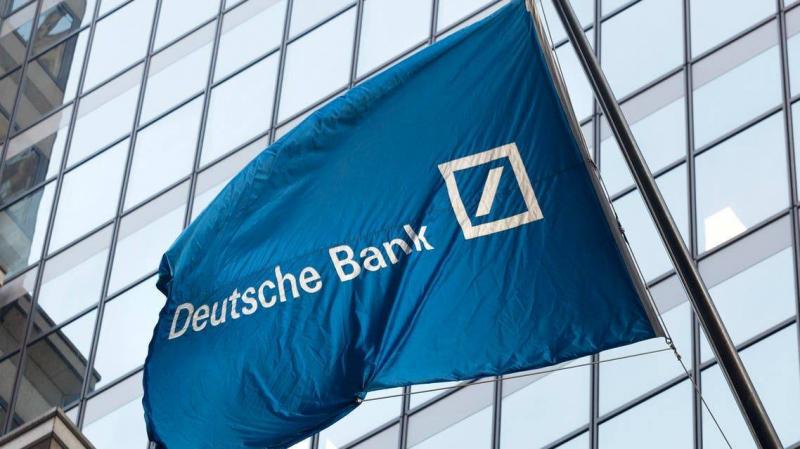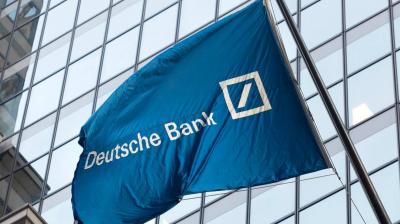The European financial sector experienced a sharp decline in stock prices on Thursday, and American banks are expected to follow suit as they grapple with the repercussions of the Russian invasion of Ukraine. As part of initial measures, Allianz announced the freezing of its exposure to Russian government bonds, while British lender Lloyds stated it is in "high alert" mode for cyberattacks. Meanwhile, Deutsche Bank revealed it has contingency plans in place as U.S. and European officials warned of further sanctions against Russia, according to Reuters, as cited by Al Arabiya.
Leading bank stocks fell, with their sector index SX7P dropping by 7.3% during midday trading, surpassing the 4.7% losses of the broader Euro Stoxx index. Banks with significant operations in Russia were particularly affected, with shares of Raiffeisen Bank International falling by 18.7%, and Societe Generale losing 10.8%, despite its claims that its Russian unit, Rosbank, continued to operate normally. UniCredit's shares fell by 10.7%, prompting an automatic trading suspension, although the bank asserted that its exposure to Russia is well-covered.
The crisis extended to major U.S. banks, with shares of JPMorgan, Citibank, Goldman Sachs, and Morgan Stanley dropping by between 3% and 5% in pre-market trading, compared to a mere 2.6% decline in the S&P index. This comes after Russian troops invaded Ukraine by land, air, and sea on Thursday, confirming the West's worst fears in the largest attack by one country against another in Europe since World War II.
Data from the Bank for International Settlements shows that European banks are the most exposed to Russia globally, especially those located in France, Italy, and Spain, far exceeding the exposure of U.S. banks. The German regulatory body BaFin stated it is closely monitoring the crisis.
Senior officials announced on Thursday that European Union leaders would impose new sanctions on Russia, freeze its assets, and cut off its banks from accessing the European financial market. Several sources within the EU confirmed to Reuters that, while this could be a relief for European banks, it is unlikely that the EU will take steps at this stage to disconnect Russia from the SWIFT payment system used globally among banks.
Both Deutsche Bank and Allianz—two of Europe's major financial firms with operations in Russia—have stated they are prepared to comply with the sanctions. Allianz, one of the largest asset managers globally, indicated that the share of Russian government bonds in its portfolio is "currently very low" and that it had recently frozen those securities. Like many lenders in recent years, Deutsche Bank has reduced its presence in Russia as sanctions against the country have expanded. Its shares fell by more than 9.8%, marking the largest decline among leading German stocks. Shares of Italian bank Intesa Sanpaolo, which financed major Russian investment projects such as the Blue Stream gas pipeline and sold a stake in Rosneft, fell by 8.5%.
While many bankers downplayed the significance of Russia in their operations, the country is closely tied to the European economy. Data shows that Russia is the EU's fifth-largest trading partner, accounting for 5% of trade, compared to less than 1% of trade with the United States.




